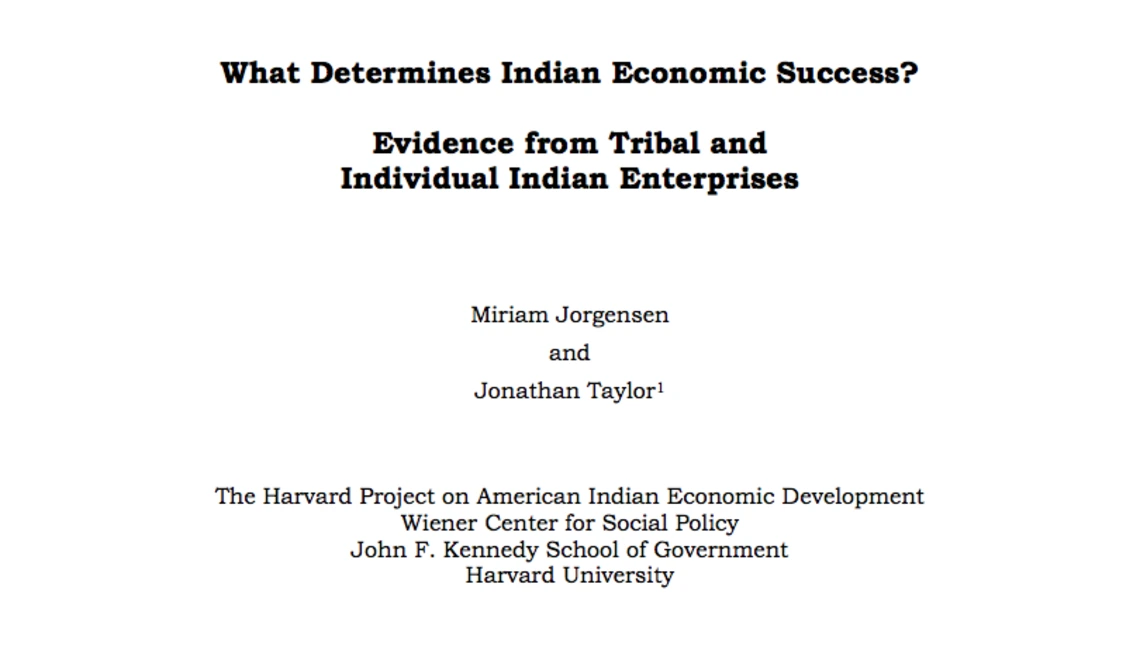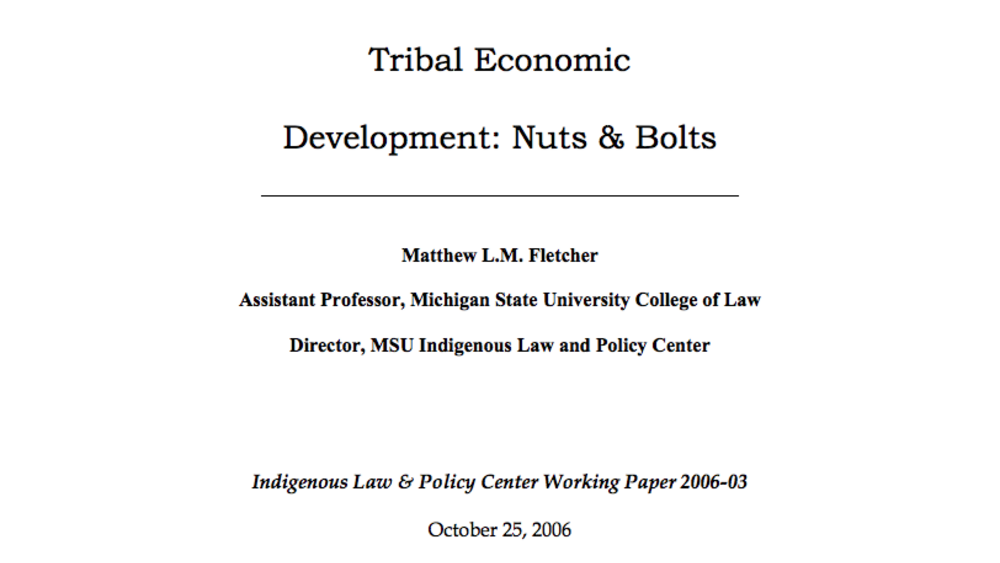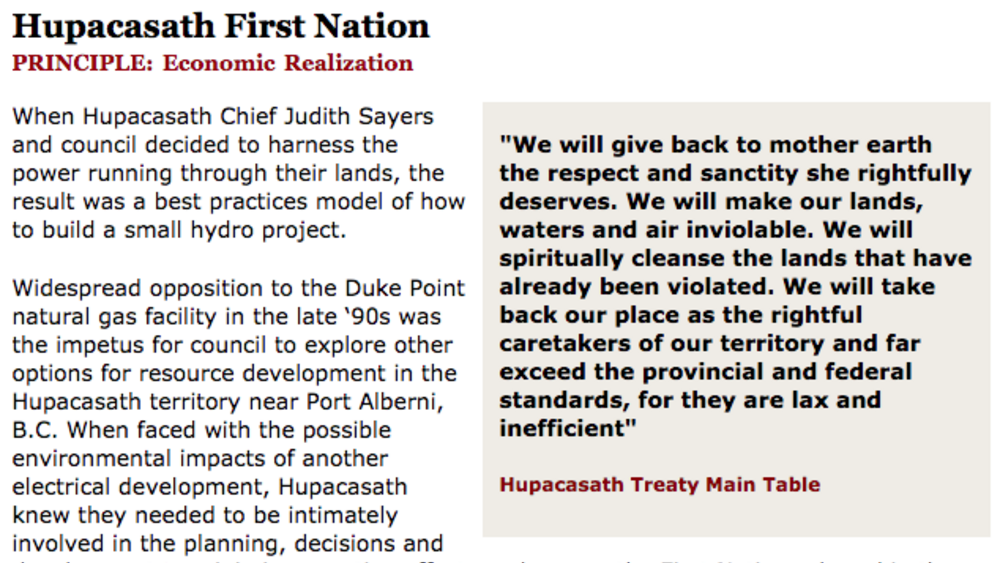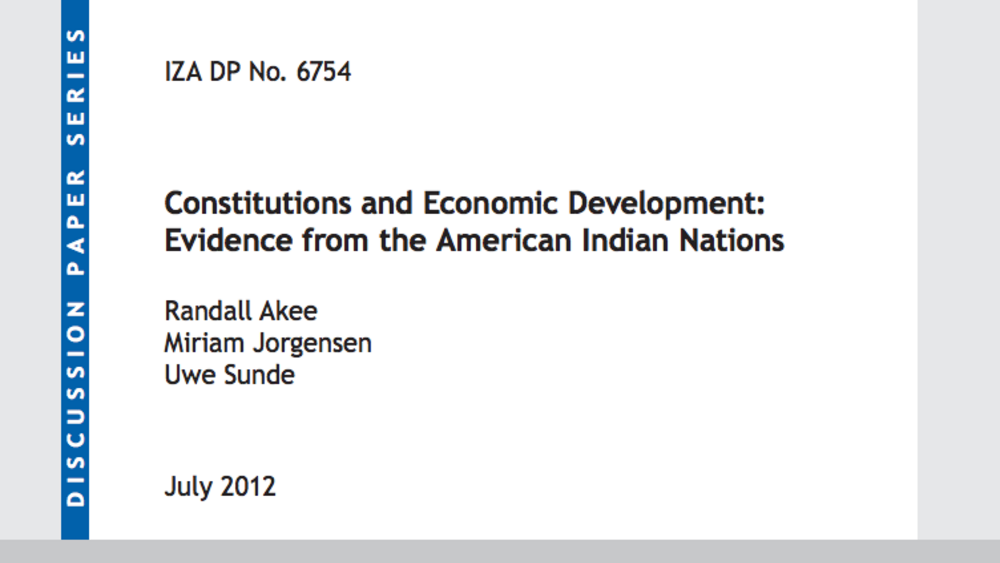Prior analysis of American Indian nations' unemployment, poverty, and growth rates indicates that poverty in Indian Country is a problem of institutions particularly political institutions, not a problem of economics per se. Using unique data on Indian-owned enterprises, this paper sheds light on one of the core institutions of enterprise success, ”corporate governance. Indian enterprises that are subject to undue political influence, especially the influence of elected officials who serve as members of enterprise boards, frequently fail to thrive. Thus, enterprises without politically insulated corporate governance cannot generate ongoing profits for reinvesting in the community or for sustaining employment growth. Nonetheless, institutional means of separating business from politics are readily available, even for Indian nations committed to tribal ownership of significant portions of their economies...
Additional Information
Jorgensen, Miriam and Jonathan Taylor. "What Determines Indian Economic Success? Evidence from Tribal and Individual Indian Enterprises." The Harvard Project on American Indian Economic Development, Wiener Center for Social Policy, John F. Kennedy School of Government. Harvard University. Cambridge, MA. June 2000. Paper. (https://hwpi.harvard.edu/files/hpaied/files/whatdeterminesindianeconomicsuccess.pdf?m=1639579321, accessed June 4, 2024)




